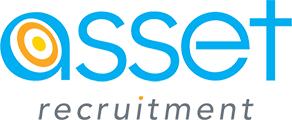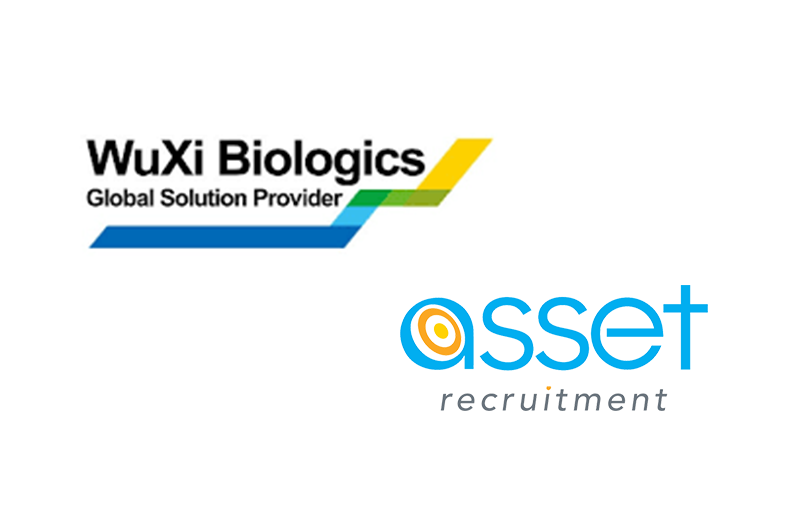
How to write a professional CV:
CV’s come in different shapes and sizes, so it is essential that your CV is appropriate for the job you’re pursuing. The internet is full of CV templates so choose a style that is suitable and relevant. This is the first thing that an employer will notice, and first impressions are key.
Create a personal profile that makes you stand out from the crowd. List all of the relevant skills and qualities you possess, and touch on your personal characteristics if they are relevant to the job. This seems obvious, but many people overlook the importance of this part of the CV – it is this that will give the employer an impression of who you are and what you can bring to the company.
Tailor your CV so that the knowledge and skills you have acquired from your education or internship reflect the position you are applying for. Employers want to see that you will be able to fit neatly into their company, and this part of your CV allows you to demonstrate with hard evidence that you are capable and qualified for the role.
Listing your achievements and projects you have been involved in is a sure way to stand out from the crowd. Show off those academic awards you have won, or write about that project you were involved in at University. This, again, will show the employer that you have expertise and experience.
Interviewing tips:
Know your CV. Well! Make sure that you bring a copy of your CV to the interview and ensure you’re familiar with every part of it. The interviewer will likely ask you questions about what you’ve written on your CV so it is essential that your preparation for your interview includes familiarising yourself with the contents of your CV. Knowledge is confidence in an interview setting, so knowing your CV means you have one less thing to worry about, and this will help you relax and be yourself in an otherwise relatively stressful situation.
Research the company. The interviewer will ask you what you know about the company and you’ll need to have some knowledge of its history and its core principles. The About pages on most company websites are full of all the information you’ll need, so make sure you don’t bypass this or quickly skim over it. Understanding the company’s heritage and principles will also help you tailor your answers to suit the company, which will help you sound competent and assured in the interview.
The interview is essentially a market. You have something to sell and the interviewer is weighing up whether to buy it. And that something that you’re selling is yourself. So don’t be shy. Be upfront with your interviewer about what you can bring to the company, how you can benefit it in whatever unique way you can, and remember the basics: keep eye contact, use open body language and, of course, smile and be pleasant.
At the end of the interview, the interviewer will ask you if you have any questions. It’s also likely that they’ll first explain a bit about the role and the company, which could put you in hot water when it comes to asking your questions. It is therefore very important that you prepare a few backup questions if the interviewer has already answered your pre-prepared questions. And don’t ask a question that the interviewer has just given the answer to during the interview.
Job hunting
Before you get to the interview stage, you’ll have to go job hunting. This can be a daunting task, so there are a few things you can do to make it that bit easier.
Ask your lecturer for recommendations. Your lecturers may have inside information and knowledge about the market, and they may be able to direct you to the best places to look for a job. This is something that is often overlooked, and in a competitive job market, you need to use all of the resources at your disposal. So, use your lecturers, and any career guidance officers at your college.
Registering with all of the relevant jobs boards will help get your name out there. It will help you find companies and hopefully one that is looking for a candidate just like you.
Name dropping can seem like the reserve of obnoxious celebrities, but it can be a really useful tool for recent graduates. We all know the saying ‘it’s not what you know, it’s who you know,’ and although that’s only partly true, why not show off who you know along with what you know.
For information on engineering and life science roles in Ireland, please contact Emily O’Keefe in confidence at:
Get job notifications here: Set personalised Job Alerts





